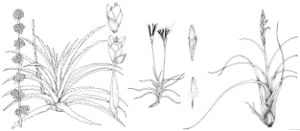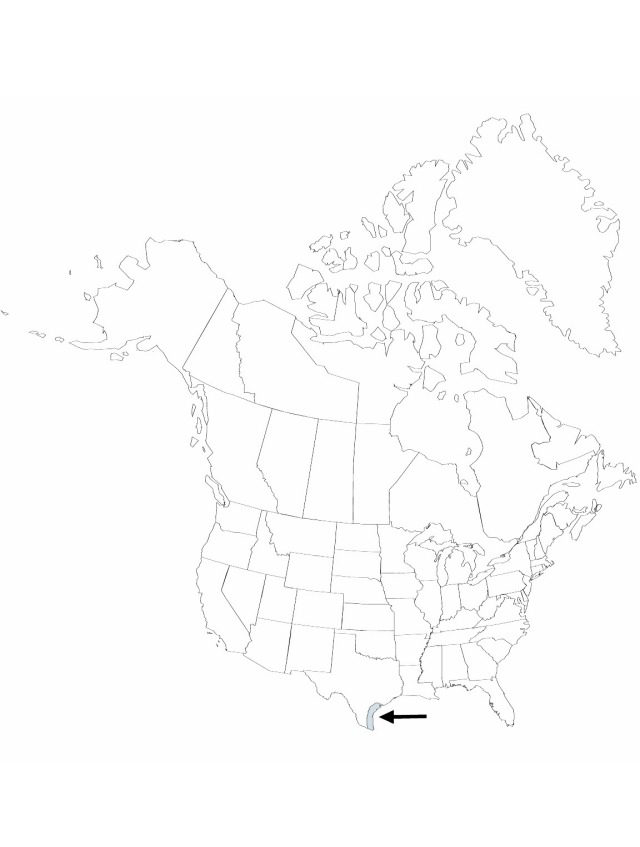Difference between revisions of "Tillandsia baileyi"
Flora of the Southeastern United States 246, 1328. 1903.
FNA>Volume Importer |
imported>Volume Importer |
||
| (6 intermediate revisions by 2 users not shown) | |||
| Line 6: | Line 6: | ||
|place=246, 1328. 1903 | |place=246, 1328. 1903 | ||
|year=1903 | |year=1903 | ||
| + | }} | ||
| + | |special_status={{Treatment/ID/Special_status | ||
| + | |code=F | ||
| + | |label=Illustrated | ||
}} | }} | ||
|basionyms= | |basionyms= | ||
| Line 31: | Line 35: | ||
-->{{#Taxon: | -->{{#Taxon: | ||
name=Tillandsia baileyi | name=Tillandsia baileyi | ||
| − | |||
|authority=Rose ex Small | |authority=Rose ex Small | ||
|rank=species | |rank=species | ||
| Line 45: | Line 48: | ||
|publication title=Flora of the Southeastern United States | |publication title=Flora of the Southeastern United States | ||
|publication year=1903 | |publication year=1903 | ||
| − | |special status= | + | |special status=Illustrated |
| − | |source xml=https:// | + | |source xml=https://bitbucket.org/aafc-mbb/fna-data-curation/src/2e0870ddd59836b60bcf96646a41e87ea5a5943a/coarse_grained_fna_xml/V22/V22_169.xml |
|genus=Tillandsia | |genus=Tillandsia | ||
|species=Tillandsia baileyi | |species=Tillandsia baileyi | ||
Latest revision as of 20:29, 5 November 2020
Plants usually several individuals in cluster, flowering to 20–40 cm. Stems short. Leaves 6–14 in small rosette, many-ranked, slightly contorted, gray-green to silver, 5–40 × 0.3–0.7 cm, densely appressed-grayish-scaly; sheath pale to nearly chestnut brown within, ovate, conspicuously inflated, passing gradually into blade, forming small pseudobulb, 1.5–2.5 cm wide; blade linear, semisucculent, margins involute, apex acute. Inflorescences: scape conspicuous, erect or ascending, 7–15 cm, 2–3 mm diam.; bracts densely imbricate, erect to spreading, like leaves but smaller; sheath of bracts narrowing gradually into blade; spikes usually ascending, pinnate, linear, compressed, 3–7 × 0.6–1 cm, apex acute to obtuse; branches rarely 1–2. Floral bracts imbricate, erect, pink to dark rose, broad (covering all or most of rachis, rachis not visible at anthesis), elliptic, not keeled, 1.5–2.3 cm, thin-leathery, base not visible at anthesis, apex broadly acute, surfaces densely grayish-scaly. Flowers 5–15, conspicuous; sepals with adaxial pair short-connate, lanceolate, keeled, 1.3–1.6 cm, papery, prominently veined, apex acute, surfaces scaly; corolla tubular; petals erect, purple, ligulate, to 3 cm; stamens exserted; stigma exserted, conduplicate-spiral. Fruits 2.5–4 cm.
Phenology: Flowering spring.
Habitat: Epiphytic in dry thickets, woods
Elevation: 5–100 m
Discussion
Selected References
None.

